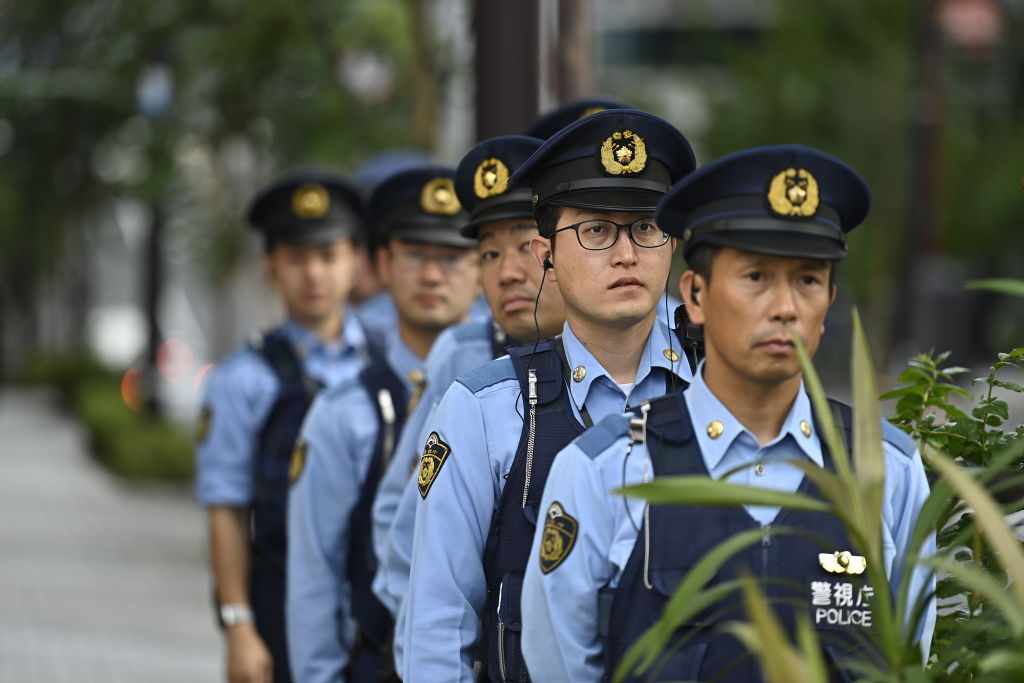Three men are suing the Japanese government, citing a pattern of racially motivated police harassment and asking for improved practices and about ¥3 million ($20,330) each in compensation.
The suit is unusual in Japan, a historically homogeneous place with little precedent for punishing racial discrimination. The plaintiffs—two permanent residents and one a foreign-born Japanese citizen—are seeking to show that disparate treatment based on race violates the constitution and international human rights agreements.
[time-brightcove not-tgx=”true”]
Read More: Meet the Multi-Ethnic Millennial Who Just Might Represent the Future of Japanese Politics
Plaintiffs say they have been repeatedly stopped for questioning by police for no apparent reason, and had their belongings searched, according to a summary of the case provided by lawyers. One, an African American who has lived in Japan for more than a decade and has a Japanese family, said he’d been stopped more than 15 times before he decided to join the suit. Another, a Pacific Islander, said he’d been questioned about 100 times.
“If police officers are allowed to discriminate, then it creates this image from the top to the citizens that discrimination is OK,” said Moe Miyashita, one of the lawyers for the plaintiffs. “On the other hand, if the police, the national government and other public organizations tell people that they can’t do this, it sends a strong message to the general public that discrimination is wrong.”
The suit names the Japanese government and the Tokyo Metropolitan and Aichi prefecture governments. All three declined to comment on the case.
The National Police Agency said in an email that officers do not question people on the basis of race or nationality, and they are not aware of such cases of discrimination. The agency added it would refrain from commenting on the lawsuit because it has not received details.
The lawsuit adds to simmering questions about how Japan will manage the growing diversity of its population. To make up for its shrinking workforce, the country is increasingly reliant on immigrants. Foreign workers now number a record-high 2 million, according to the most recent government data.
Awareness of racism and racial profiling has been rising since a 2021 viral video showed a police officer admitting he’d searched a mixed-race man because “many people with dreadlocks carry drugs.” The U.S. Embassy in Tokyo warned U.S. citizens about racial profiling by Japanese police on their X account.
Japan’s constitution explicitly bans race-based discrimination, and the country is a signatory to the International Convention on the Elimination of All Forms of Racial Discrimination.
Nevertheless, a study by the Tokyo Bar Association showed that among 2,000 respondents of foreign background, over 60% said they had been questioned by police and about 77% of those questioned said there was no apparent reason other than the fact they appeared foreign.
“More people are starting to recognize that these issues are happening,” Miyashita said. “I think this is just the beginning.”

